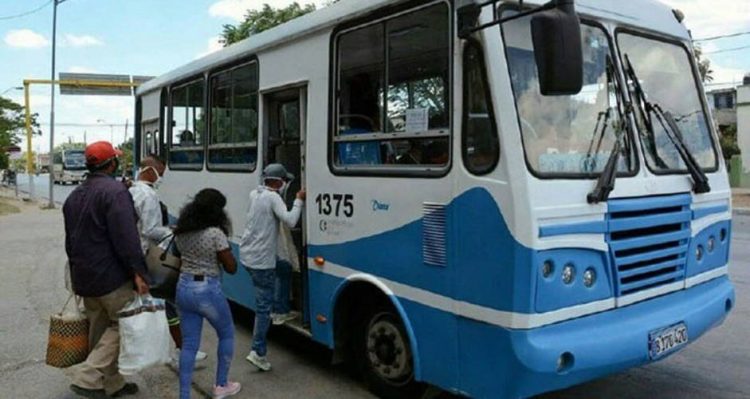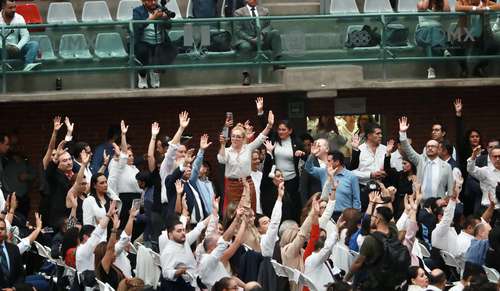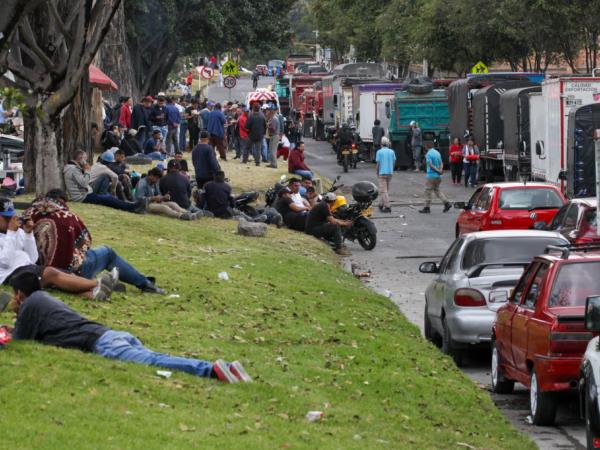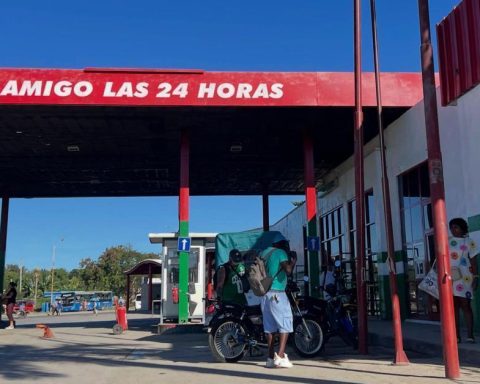AREQUIPA, Peru – Cuba’s transportation minister, Eduardo Rodríguez Dávila, acknowledged Thursday some of the “harsh criticism” from the population toward the system that leases state vehicles to private individuals, a system implemented by the regime more than a decade ago.
Under this modality, the owner recalls in a Facebook postservices are provided by gazelles (popularly known as gazelles), electric tricycles, buses and taxis. Each case has its specificities.
The measure “has allowed a group of buses that had been paralyzed to start up, but the reality is that it has brought with it disorganization, irregular access to fuel and other materials, lack of discipline and, in many cases, a deregulation of prices,” said the minister.
Regarding the leasing of buses, its management was approved in 2024, under the premise of “recovering vehicles in poor condition for public passenger transportation.” In these cases, the lessees would take charge of all the investments that the vehicles needed for their repair, in addition to the current expenses to maintain them. media in operation.
By July 2024, “750 buses and 106 semi-buses had been rented in the country, of which 551 (73.5%) and 49 (46.2%) were already working, respectively. Although this is a small number compared to the total number of these means of transport in the country, the rented means of transport have played an active role in both local and national transportation,” explains Rodríguez Dávila.
61.5 percent of the rented media are grouped in four provinces: Santiago de Cuba (302), Holguín (289), Granma (223) and Guantánamo (129); while in other territories the incidence is low: Isla de la Juventud (1), Sancti Spíritus (9), Mayabeque (15) and Artemisa (17).
“Resolving these irregularities is part of our responsibility,” the minister admits in response to complaints from the population in a sector in crisis that forces Cubans to increasingly resort to more expensive options such as private taxis.
In the analysis of the first semester As of 2024, Rodríguez Dávila revealed last month that only 72% of the planned passengers were transported, which represents a 10% decrease compared to the same period last year.
According to him, this figure cannot be attributed solely to “objective reasons that directly affect the levels of satisfaction of transportation demand,” but must also be considered as “subjective manifestations.”
The minister stressed that the transportation crisis in Cuba is not only due to a lack of resources and material limitations, but also to the “lack of discipline, organization and sensitivity” on the part of the actors involved in the sector. Among the most criticized phenomena, he mentioned the “poor work of administrations that are not always committed to quality” and the “poor performance of some drivers who violate stops and traffic regulations, and mistreat passengers.”
The minister also highlighted the lack of sensitivity of certain drivers of state vehicles, who “do not stop at bus stops or deceive about their true route, including buses that circulate empty with available capacity.” These situations Added to this is the “illegal sale of tickets and improper use of resources allocated for public passenger transportation,” which further aggravates the dissatisfaction of the population.
In this regard, the minister announced that new actions will allegedly be developed in the second half of the year to improve public passenger transportation in Cuba.

















